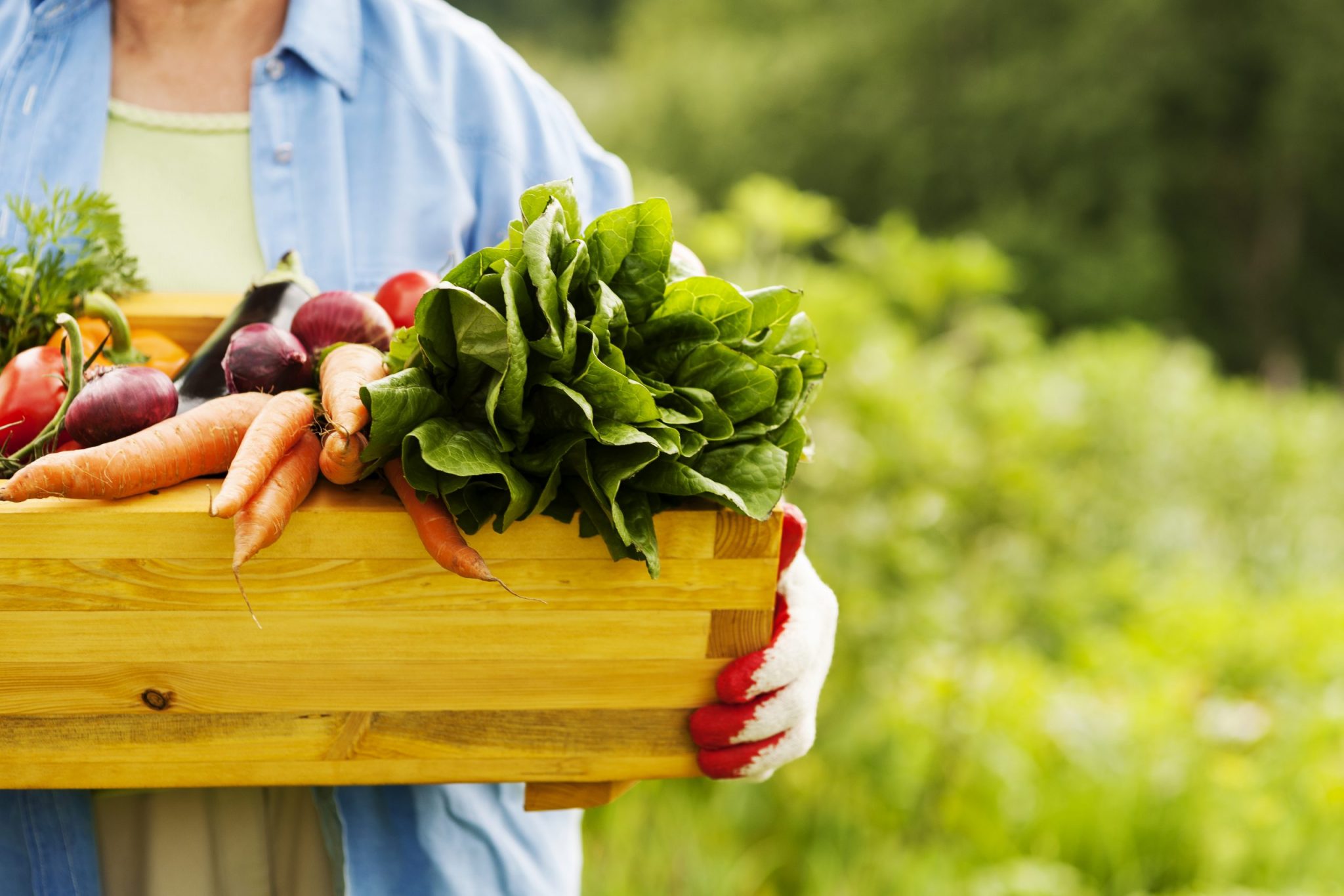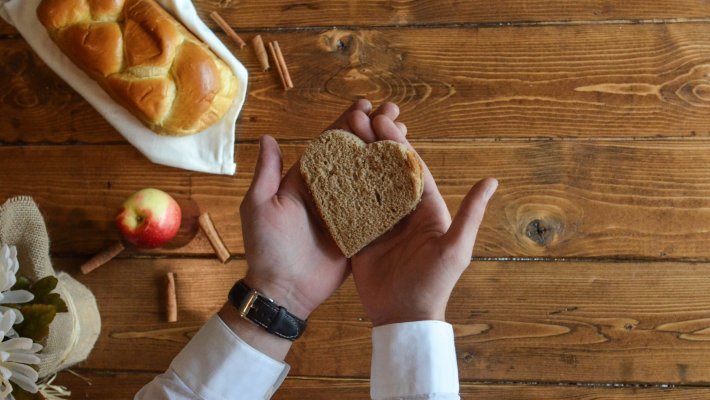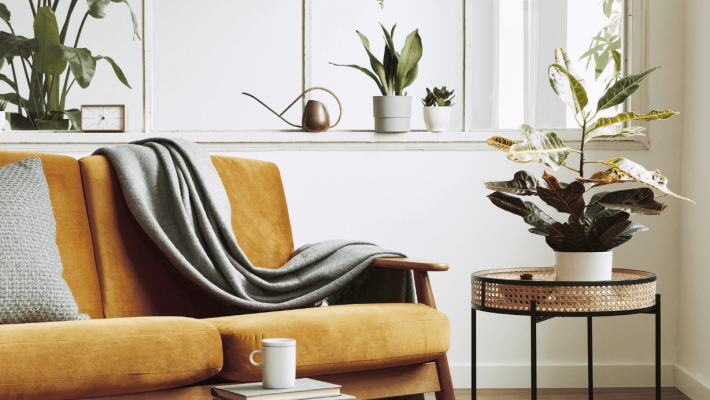How to Start Your COVID-19 Victory Garden (Even If You Don’t Have a Yard)
There’s something tremendously reassuring about springtime. No matter what else is going on, you can rest assured that the days are getting longer, the sun is getting warmer and the plants will start to grow. Maybe that’s partly what has inspired people to start their very own “COVID-19 victory gardens.”
Victory gardens were food gardens that people planted at their private homes and in public parks in communities all over the nation back in the days of World War I and World War II. They helped relieve the burden on the nation’s food supply system and kept fresh fruit, vegetables and herbs on tables, and made individual families more self-sufficient.
In the age of a global pandemic, the idea of self-sufficiency strikes a chord with many Americans, so they’re laying in their victory gardens once again in Spring 2020. If you’re ready to pick up a trowel, here are some tips that may help:
Don’t Let the Lack of a Yard Stop You
If you’re lucky enough to own a big yard with plenty of garden space, go wild and get planting! If you’re not so lucky, the lack of a yard doesn’t have to stop you from having your own garden. It merely limits its size.
Window boxes and earthen pots can make for a miniature garden that’s as beautiful as it is functional. It may surprise you to learn the amazing variety of edible plants that can easily be grown in small containers. In fact, there’s a whole field dedicated to urban gardening.
While you can pick and choose according to your taste (and available space), herb gardens are very popular in window boxes. Sage, rosemary, scallions, oregano and parsley are some common favorites that can keep your food full of flavor all year long.
Berries are also particularly easy to grow in pots. There are specially designed strawberry pots, but you can also fill them with blackberries and raspberries quite easily. If you want blueberries, you’ll need slightly bigger pots, but they’re also easy to grow. Cherry tomatoes are also heavy producers when potted correctly.
If you’re looking to add some greens to your garden, we’ve got you covered: Lettuce of almost any variety will grow well in shallow ground, as will purple cabbage and other kinds of leafy greens. If you’d like something even more substantial, add beans, an eggplant or two, and some red chilies to your potted garden.
Frankly, even if you do have a big yard, you may want to start with a potted garden if you’re a relatively new gardener. Gardening is a learning process and the trial and error associated with it can be easier to handle with a potted garden (and less strenuous to manage).
Be Mindful of Your Safety While Starting
It would be irresponsible of us not to remind everyone that gardening in the age of a viral pandemic means that you need to practice “safe gardening.” If you need something for your garden, you can’t simply run to the local garden supply store and pick it up without a plan.
To make sure that you stay safe, consider doing the following:
- Shop Online
If you’re shopping for seeds to start in your garden or you just need general supplies, why not stay inside and order online? If you have the items delivered by mail, that keeps you from coming into direct contact with other people entirely. (Just make sure that you’re careful about your order. A local supplier can usually get your seeds and supplies to you quickly, so that you don’t miss your planting times.)
- Use Contactless Pick-Up
What if you need something right away or want some newly sprouted plants that you’re afraid won’t ship easily? Well, there are still plenty of options. You can arrange for contactless pick-up at many of your favorite home improvement stores and garden centers.With contactless pick-up, you simply go to the vendor’s website and select what you want and pay for it. When it’s ready, the store will alert you via email or text message. Your order is then delivered right to your car door at a specified pick-up time. That virtually eliminates any direct contact between you and others.
- Remember Cleaning Protocols
Even though the novel coronavirus isn’t a food-borne virus, you still need to take certain precautions when you’re buying seeds, plants and gardening supplies. As soon as you get your gardening items home, remember to:
- Wipe down the outside of any seed packets with a disinfectant cloth
- Wash pots and tools that other people may have handled with soap and water
- Wash your hands after handling any of the plants before you do anything else
- Remember to wash all your produce once you begin harvesting
As your garden grows, it’s also important to remember that you should avoid going near your garden if you aren’t feeling well — just in case you might be carrying something contagious. Even if you don’t contaminate the food, you could leave germs behind on the pots and window boxes.
If you have time on your hands and stress is on your mind, why not take up gardening? The feeling of accomplishment you’ll get from putting your own home-grown herbs in a stew or making a salad with greens you tended yourself can be amazing — and gardening is great for helping you keep everything in perspective.




